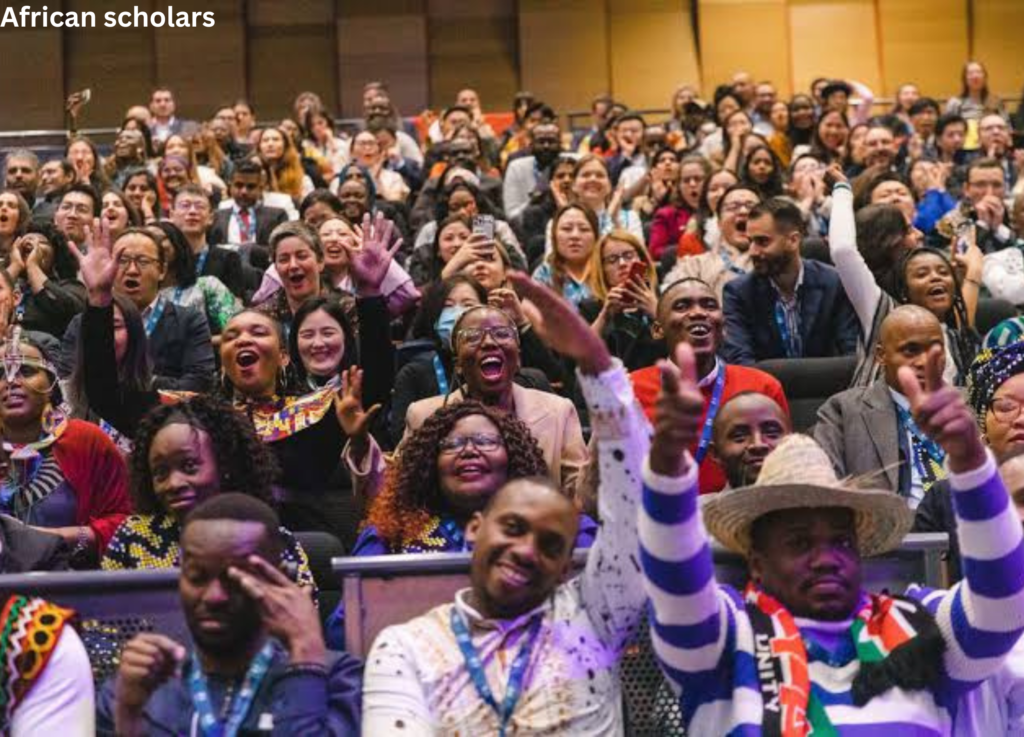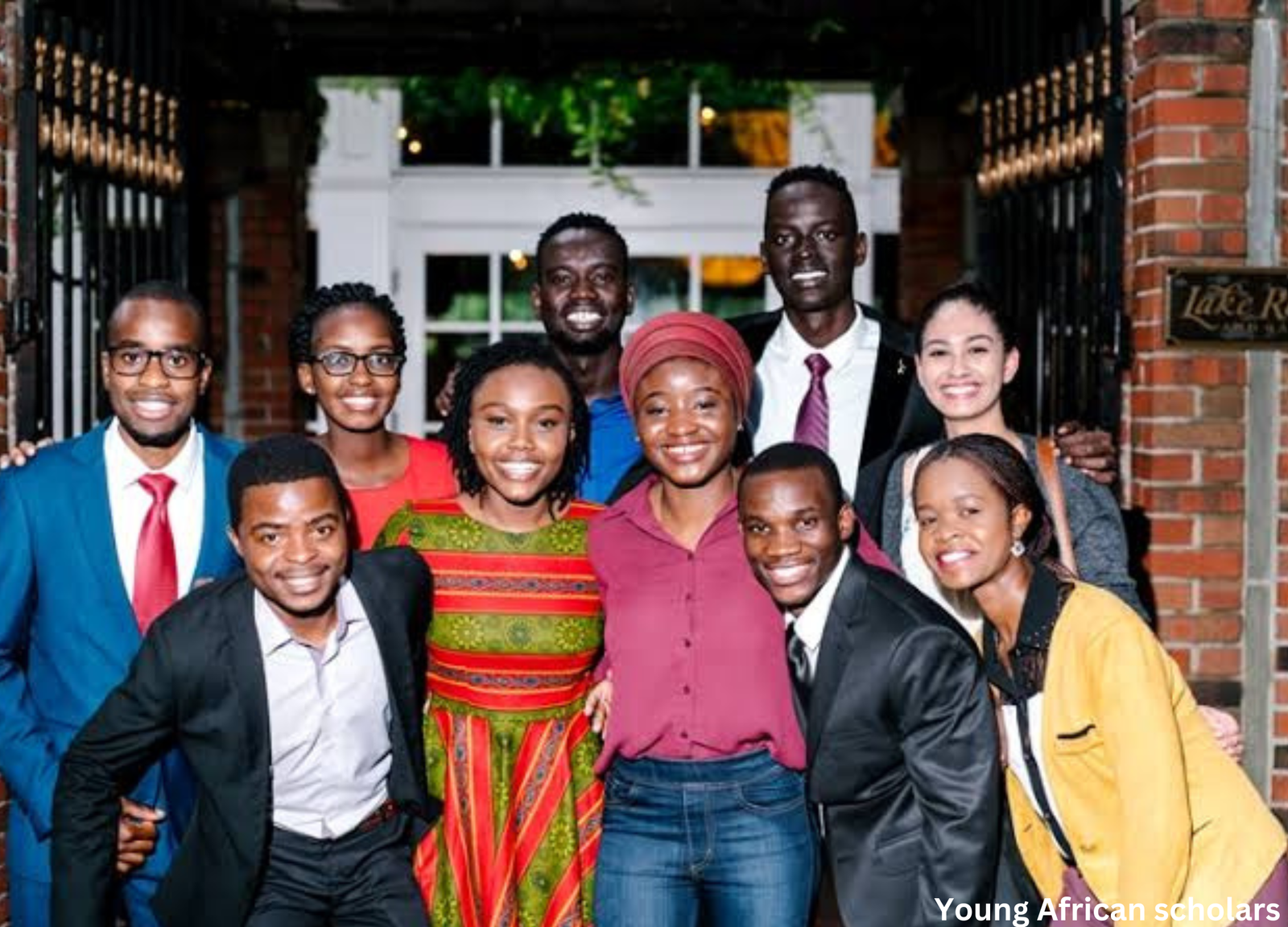International postgraduate scholarships for Africans
International postgraduate scholarships for Africans are provided by numerous universities and organisations. The African Leaders of Tomorrow Scholarship, the Chevening Scholarship, and the Fulbright Foreign Student Programme are a few well-liked choices. For the most recent chances, it is essential to check with particular colleges and scholarship databases.
International postgraduate scholarships for Africans:
Eligibility
International postgraduate scholarships for Africans have a wide range of eligibility requirements. Usually, they take into account things like a strong dedication to community service, leadership abilities, and academic ability. A minimum GPA, results from language proficiency exams like the IELTS, and relevant work experience are examples of specific prerequisites.
It’s imperative to carefully go over the requirements for eligibility provided by each scholarship source and check the school’s official websites.
International postgraduate scholarships for Africans:
Benefits
The advantages of receiving an international postgraduate scholarship for Africans frequently include funding for living expenses, tuition, and even travel expenses. Recipients might also get access to mentorship programmes, professional and academic networks, and chances for research projects or internships.
With the financial burden of taking a postgraduate degree overseas greatly reduced, these grants allow students to concentrate on their studies.. It’s recommended to thoroughly analyse the terms and conditions of each scholarship to grasp the entire spectrum of support offered.
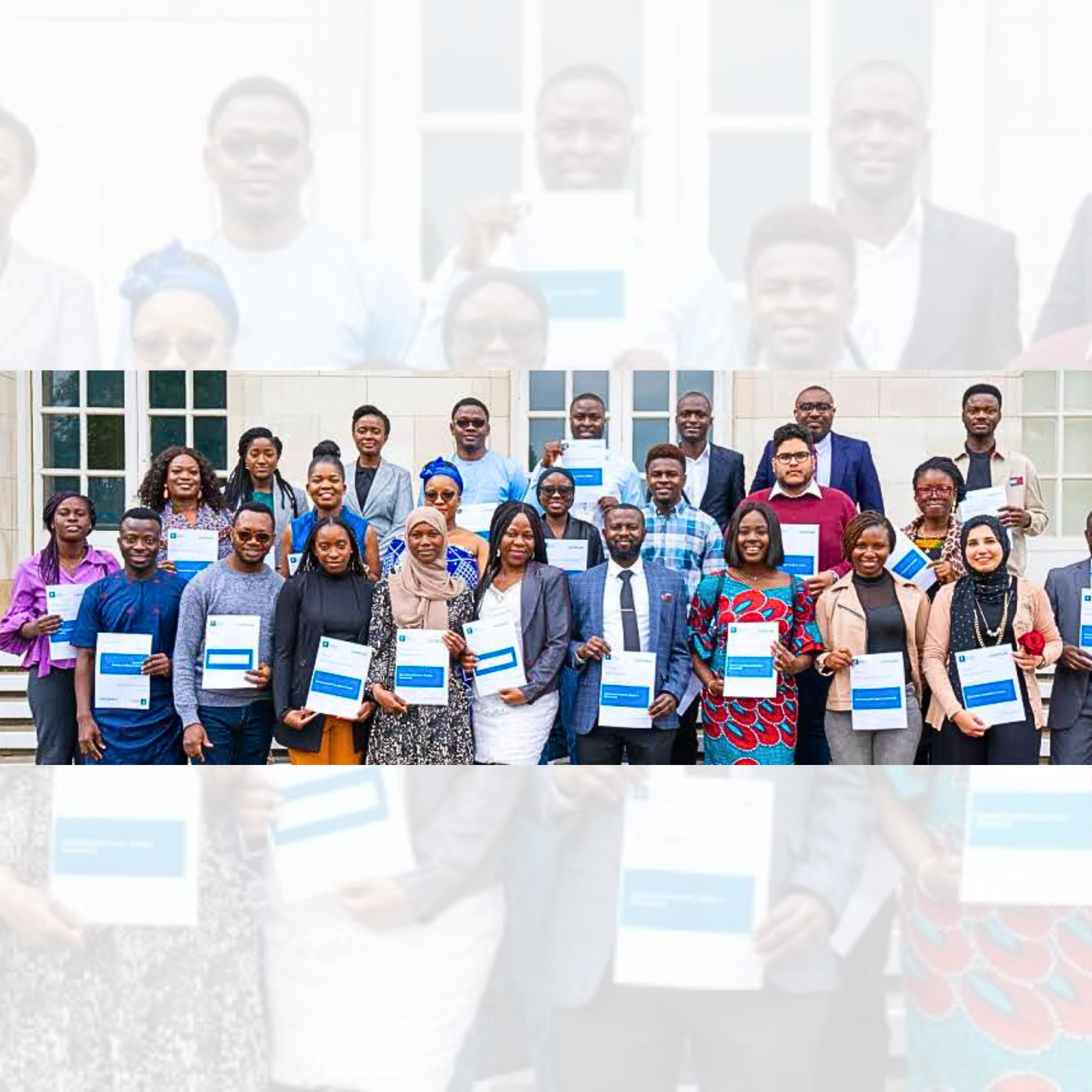
International postgraduate scholarships for Africans:
Application
Use these general procedures to apply for international postgraduates scholarships for Africans:
Scholarships for Research
Firstly, find scholarships that fit your academic and professional objectives. Explore scholarship databases, university websites, and relevant organisations.
Review Eligibility
Secondly, while applying for international postgraduate scholarships for Africans, make sure you satisfy the requirements by carefully reading each scholarship’s eligibility conditions.
Get the paperwork ready
Thirdly, collect the necessary paperwork, including your statement of intent, recommendation letters, transcripts of your studies, and certification of your language skills. A research proposal might also be necessary for some scholarships.
Create a Resume/CV
Emphasise your extracurricular activities, employment history, and academic accomplishments.
Online Application
Online applications are used for most scholarships. Fill out the application, attach the required files, and adhere to any special guidelines given.
Send in before the deadline
Next, be mindful of application deadlines. To avoid any problems, submit your application well in advance. After submitting, keep an eye on the status of your application and reply to any correspondence from the scholarship committee.
Keep in mind that every scholarship has a different application procedure, so pay close attention to the guidelines supplied by the particular scholarship you’re interested in.
International postgraduate scholarships for Africans: African Leaders for Tomorrow Scholarship
Initiated in 2016, the African Leaders of Tomorrow Scholarship (ALT) is a Canadian government programme. The Department of Foreign Affairs, Trade and Development Canada, is responsible for it. The program’s goal is to assist African professionals who are dedicated to leadership and public service. ALT seeks to assist public institutions in Africa in strengthening their ability by offering scholarships for postgraduate study in Canada.
Public administration, public policy, and other subjects pertaining to public service are among the topics covered by the scholarship. It aims to provide people with the abilities and information required to handle difficult problems and support the advancement of their own nations.
The ALT Scholarship is a component of Canada’s larger initiatives to promote cooperation and alliances with African countries
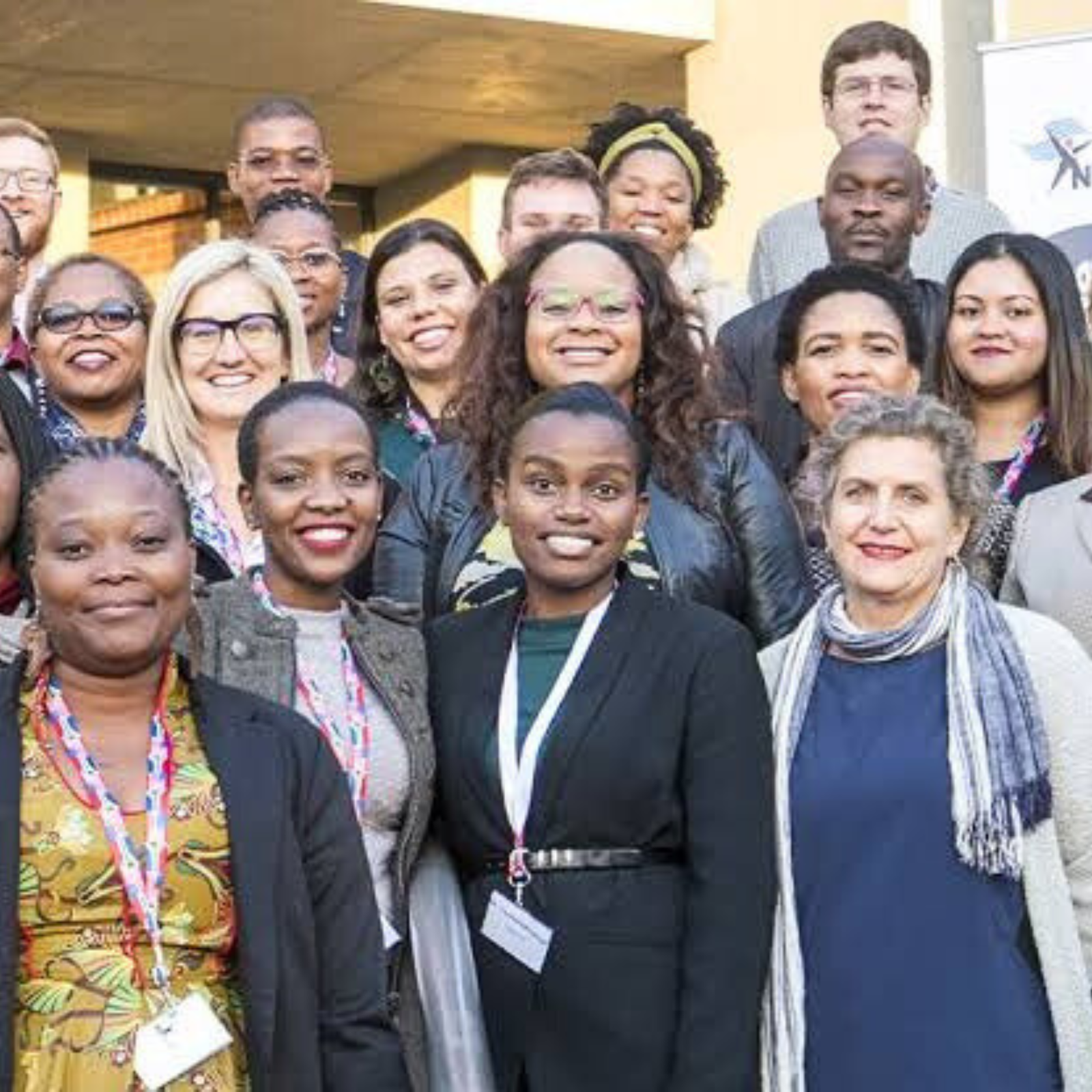
International postgraduate scholarships for Africans:
Eligibility
Generally speaking, the following are eligible for the African Leaders of Tomorrow Scholarship:
- Citizenship: Candidates have to be nationals of an African nation.
- Educational Background: It is frequently necessary to have a bachelor’s degree or its equivalent in a suitable field of study.
- Experience at Work: A specific amount of professional experience, typically in public service or similar industries, may be required for some programmes.
- Language Proficiency: Depending on the language of instruction in the selected Canadian institution, proficiency in either English or French is usually necessary. The results of language tests may be required of applicants.
- Dedication to Serving the Public: Typically, candidates must exhibit a dedication to leadership and public service in their native nations.
- Admission to a Canadian Institution: Candidates must be accepted into the particular programme of study at a recognised Canadian institution.
- Additional Particular Conditions: Additional criteria may be specified based on the programme.
Since they can change, it’s imperative to confirm the official rules and specifications for the particular year and programme. This material is a broad summary and could change at any time.
International postgraduate scholarships for Africans:
Application
The general procedures to apply for the African Leaders of Tomorrow Scholarship are as follows:
- Review Eligibility Criteria: First, verify that you fulfil all of the program’s eligibility requirements.
- Select a Programme and Institution: Second, decide which master’s or PhD programme, together with which Canadian institution, best suits your academic and professional objectives.
- Prepare Application Documents: Third, compile all required materials, such as academic records, recommendation letters, a statement of purpose, and, if needed, certification of language ability.
- Apply to Canadian Institutions: Fourth, submit an admissions application to the Canadian institution (s) of your choice. Please carefully follow each institution’s application procedures as they may differ in terms of qualifications for admission.
- Use the ALT Online Portal: More so, Go to the official website for the African Leaders of Tomorrow Scholarship. Register on their portal if necessary.
- Complete the Online Application: Next, using the ALT portal, complete the application form by entering the needed information and attaching the appropriate files.
- Submit Application: Then, make sure you send in your finished form by the time mentioned.
- Monitor Application Status: Subsequently, use the ALT portal or any other lines of communication that the programme designates to keep tabs on the status of your application.
- The interviewing procedure: Then, your application is shortlisted, consequently, be ready for any follow-up tests or interviews that may be required as part of the selection process.
- Watch for Outcomes: Finally, successful candidates will be notified and given additional information following the review process.
The most precise and current application information is always available by visiting the official ALT Scholarship website or by getting in touch with the programme administration.
International postgraduate scholarships for Africans: Chevening scholarship
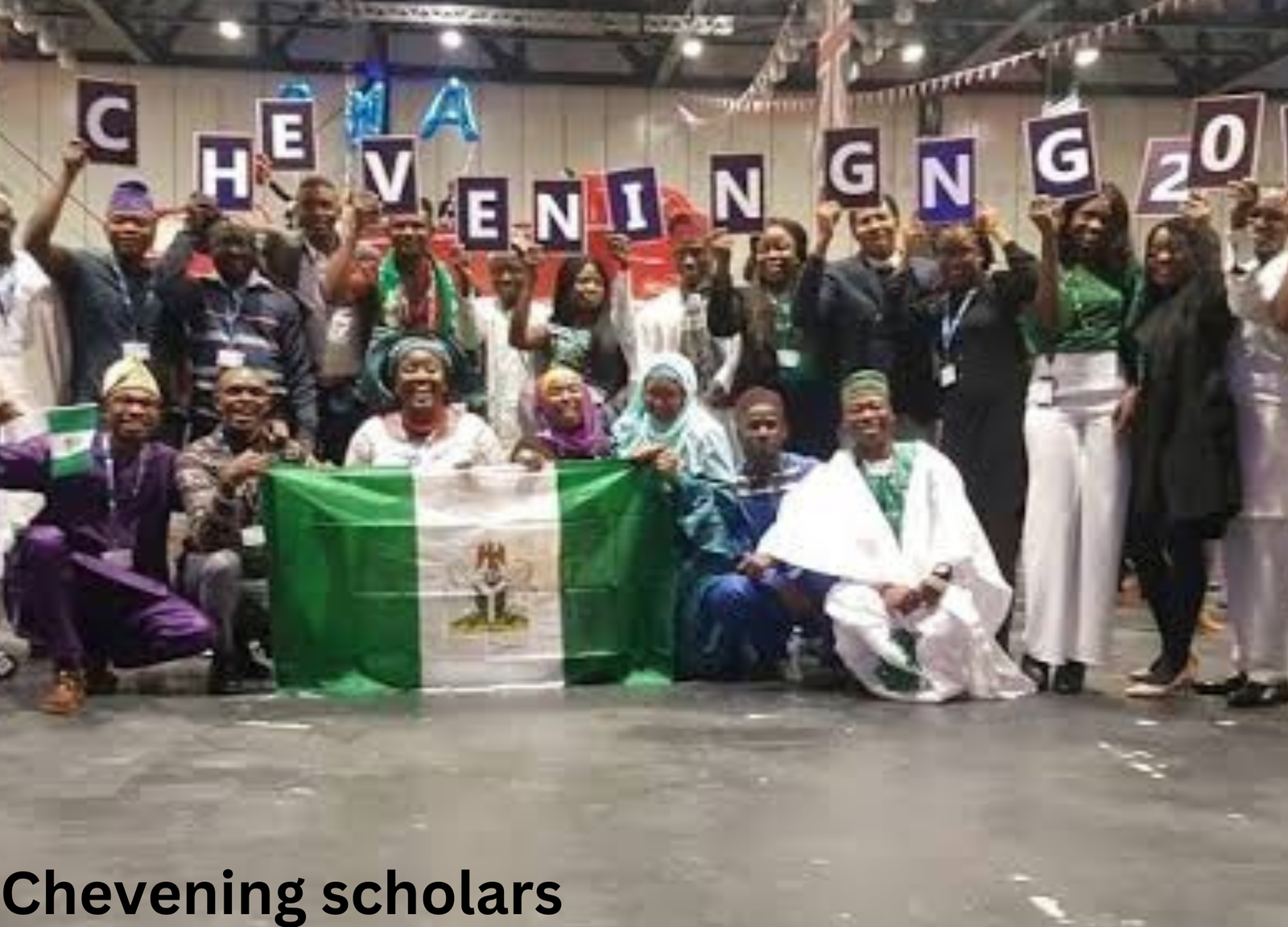
With its inception in 1983, the Chevening Scholarship programme boasts a long history. This is a summary of how it developed:
- Fiscal Position: The Foreign and Commonwealth Office (FCO) Awards Scheme gave rise to Chevening in 1983. At first, it was mainly targeted at academics from Commonwealth nations.
- Expansion: The program’s reach grew over time, and in 1994 it was renamed the Chevening Scholarship. Encouraging applications from all over the world, it became an international scholarship programme.
- Goals: The main goals of the Chevening Scholarship are to find and assist people who have the potential to be leaders and who can advance the development of their home countries. It seeks to cultivate connections and create a global network of upcoming leaders.
- Financing: Furthermore The UK Foreign, Commonwealth, and Development Office provides funding for the programme. It offers financial assistance to deserving people so they can pursue postgraduate courses in the UK.
- Collaborations: Currently, Chevening has expanded its scope and influence by forming alliances with sponsors, universities, and other organisations. These collaborations support the expansion and efficacy of the programme.
- Alumni Network: Presently, Chevening Scholars join a worldwide network of former recipients, which promotes continued relationships and cooperation between those who have profited from the scholarship.
- Structure: Over time, the Chevening Scholarship has changed to reflect shifting priorities and needs around the world. It is still the premier scholarship programme run by the UK government, drawing applicants of distinction from a wide range of backgrounds.
Finally, the program’s past demonstrates its dedication to developing the next generation of leaders, encouraging cross-border cooperation, and advancing global development. The Chevening Scholarship is still essential to creating a network of leaders equipped with the know-how to take on global concerns.
International Postgraduate Scholarships for Africans:
Application and Eligibility
- Qualifications: Certainly, it is open to people who exhibit leadership potential, have a solid academic background, and fulfil certain requirements, such as job experience and fluency in English.
- Fields of Study: Enables participants to pursue their preferred field of study by offering a broad selection of master’s degree programmes at any UK university.
- Process of Application: Also, candidates must fill out an online application that includes their resumes, references, and information about their education and experience. For those who made the short list, there is an additional interview step.
- Supply: The scholarship pays for living expenses, airfare to and from the UK, tuition, and additional benefits.
- Work Experience: Depending on the nation, applicants must normally show that they have a minimum of two or three years of work experience.
- Networking and Leadership: Places a strong emphasis on networking and leadership skills.
- English Language Proficiency: Candidates must demonstrate their command of the language, typically with the use of standardised exams like the TOEFL or IELTS.
- Return to Home Country: Recipients are expected to spend at least some time back in their home countries and practicalise their abilities.
International postgraduate scholarships for Africans: Fulbright Foreign Student Programme
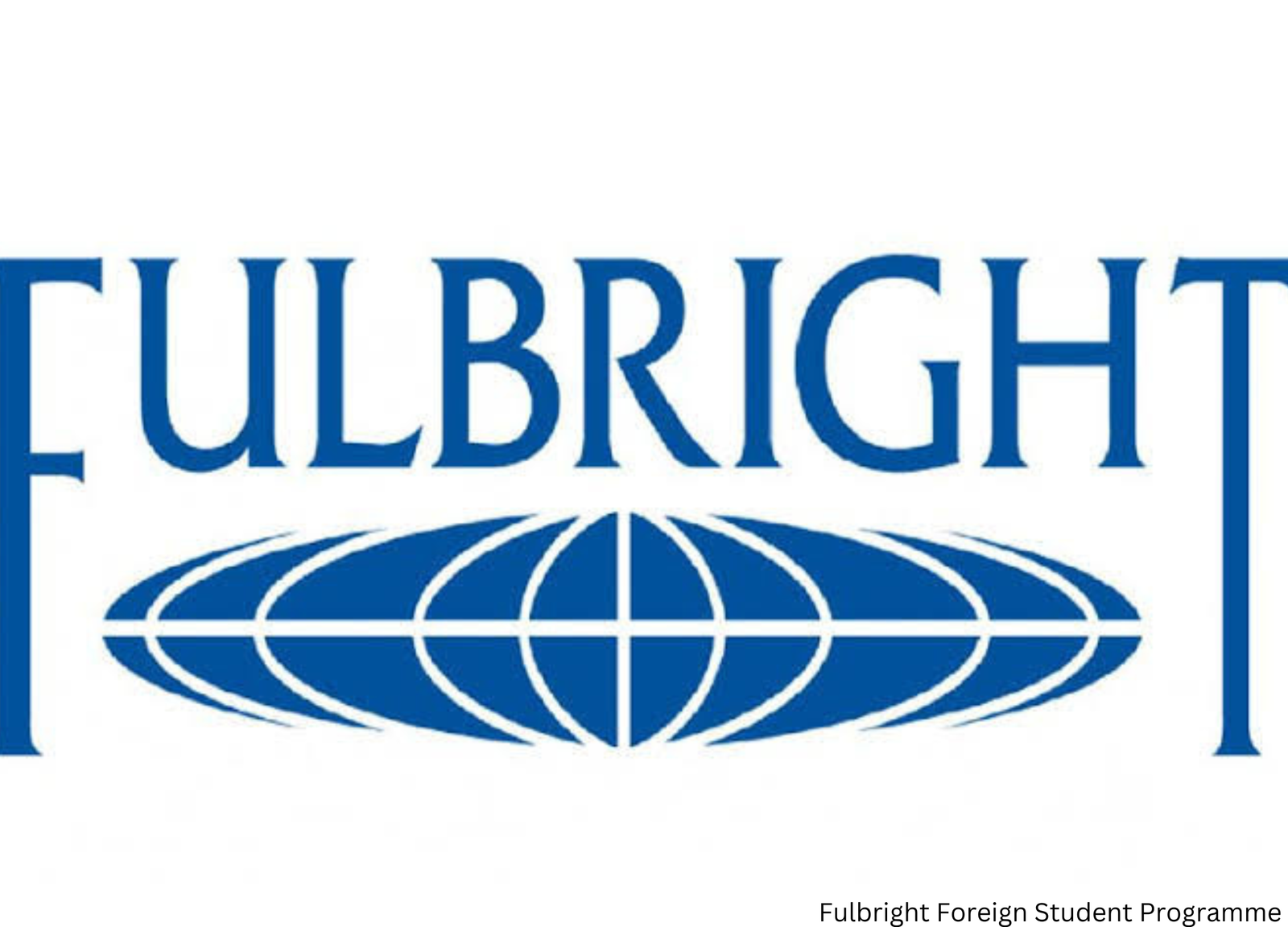
The U.S. Department of State sponsors a prominent scholarship programme called the Fulbright Foreign Student Programme. Here is a synopsis and quick history:
- Fiscal Position: The Fulbright Act, which bears Senator J. William Fulbright’s name, created the Fulbright Programme in 1946. Through cultural and educational exchange, it seeks to enhance understanding between Americans and people in other nations.
- International Presence: Worldwide, the Fulbright Programme is active in over 160 nations. One of its elements is the Foreign Student Programme, which helps young professionals, and graduate students study in the US.
- Funding: Besides tuition, flights, living expenses, and health insurance are all covered by the programme. It assists individuals seeking master’s or doctoral degrees, non-degree research, or non-degree coursework at U.S. universities.
- Study Subjects: A broad range of academic subjects and fields are available to Fulbright scholars, which enhances the diversity of information and expertise exchange.
- Exams for English language competence and evaluations of academic/professional accomplishments are part of the difficult selection process. The national selection criteria may differ.
- Cultural interaction: The Fulbright Programme places a strong emphasis on cultural interaction in addition to academic endeavours, encouraging cultural sharing.
- Return to Home Country: Following programme completion, Fulbright scholars are expected to return home to use their education and contribute their quota to their country’s development.
International postgraduate scholarships for Africans:
Eligibility
Countries may have different requirements for the Fulbright Foreign Student Programme, but generally speaking, applicants should take the following into account:
- Citizenship: Certainly, candidates must be citizens of the nation in which they are submitting their application.
- Prior Educational Experience: Usually, applicants must have earned their undergraduate degree, and they may also need to meet any additional academic requirements specified by the Fulbright Commission or their native nation.
- English Language Proficiency: Equally important is the English language proficiency test. The majority of applicants must pass standardised English language exams like the TOEFL or IELTS.
- Professional Background: Also, certain nations could mandate that candidates possess pertinent job experience related to their course of study.
- Programme of Study: Next, candidates should submit a clearly defined research or study plan that complements their academic and professional background.
- Leadership and Community Involvement: Leadership and community service records are important considerations.
- Medical Conditions: Also, candidates might have to fulfil specific health requirements and could have to go through a medical check.
- Go Back to Your Own Country: Nevertheless, Upon programme completion, successful applicants are usually expected to return home to apply their knowledge and make a positive impact on their communities.
It is imperative that prospective applicants verify the precise qualifying requirements provided by the U.S. Embassy or the Fulbright Commission in their country of origin. There may be minor variations in the prerequisites and application processes between nations.
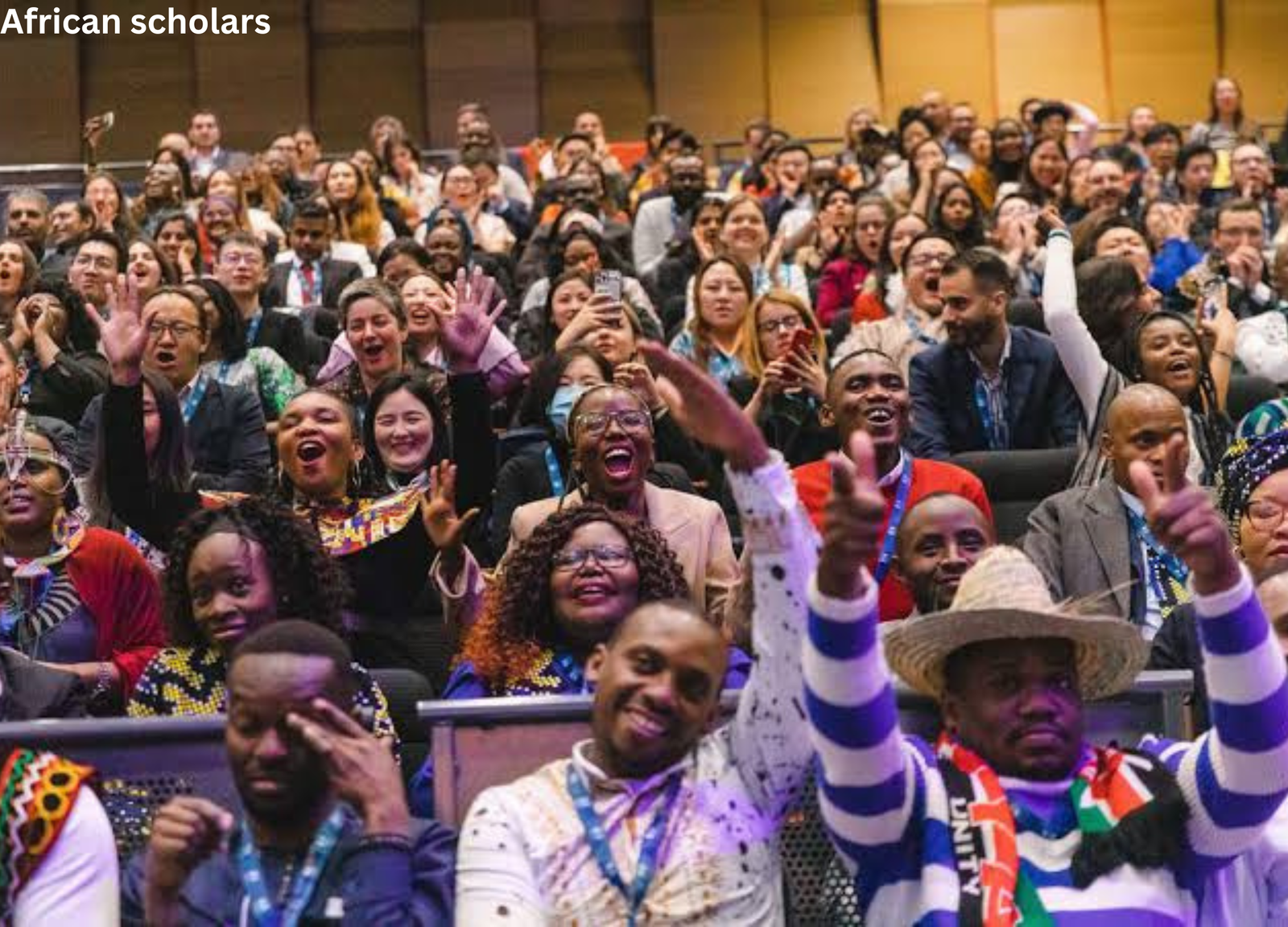
International postgraduate scholarships for Africans:
Application
Use these general procedures to apply for the Fulbright Foreign Student Programme:
- Research Eligibility: Firstly, check the requirements supplied by the U.S. Embassy or the Fulbright Commission in your nation of origin. Make sure you fulfil all the prerequisites.
- Select a Programme: Secondly, decide on a research project or graduate programme that fits in with your academic and career objectives. Think about American colleges with teachers in your area of interest or that provide the courses you want.
- Get in touch with the Fulbright Commission: For information on specific application requirements, deadlines, and other requirements, get in touch with the Fulbright Commission or the American Embassy in your nation of residence.
- Get Application Materials Ready: Thirdly, get your personal statement, research proposal, letters of recommendation, academic transcripts and standardised examinations.
- Fill out the online application: Furthermore, when applying for international scholarships for Africans, fill out the online application form offered by the US Embassy or the Fulbright Commission. Make sure you attach and submit all necessary documents by the deadline.
- Conversation: Prepare yourself for the interview phase of the hiring process.
- Await Outcomes: The selected candidates will be notified about the next steps.
- Credit Procedure: Additionally, to study in the US, Fulbright recipients must apply for a student visa. For the purpose of applying for a visa, go by the guidelines supplied by the American Embassy.
However, international postgraduate scholarships for Africans application requirements and dates may differ, so it’s critical to review the instructions offered by the appropriate Fulbright Commission or US Embassy in your place of residence.

